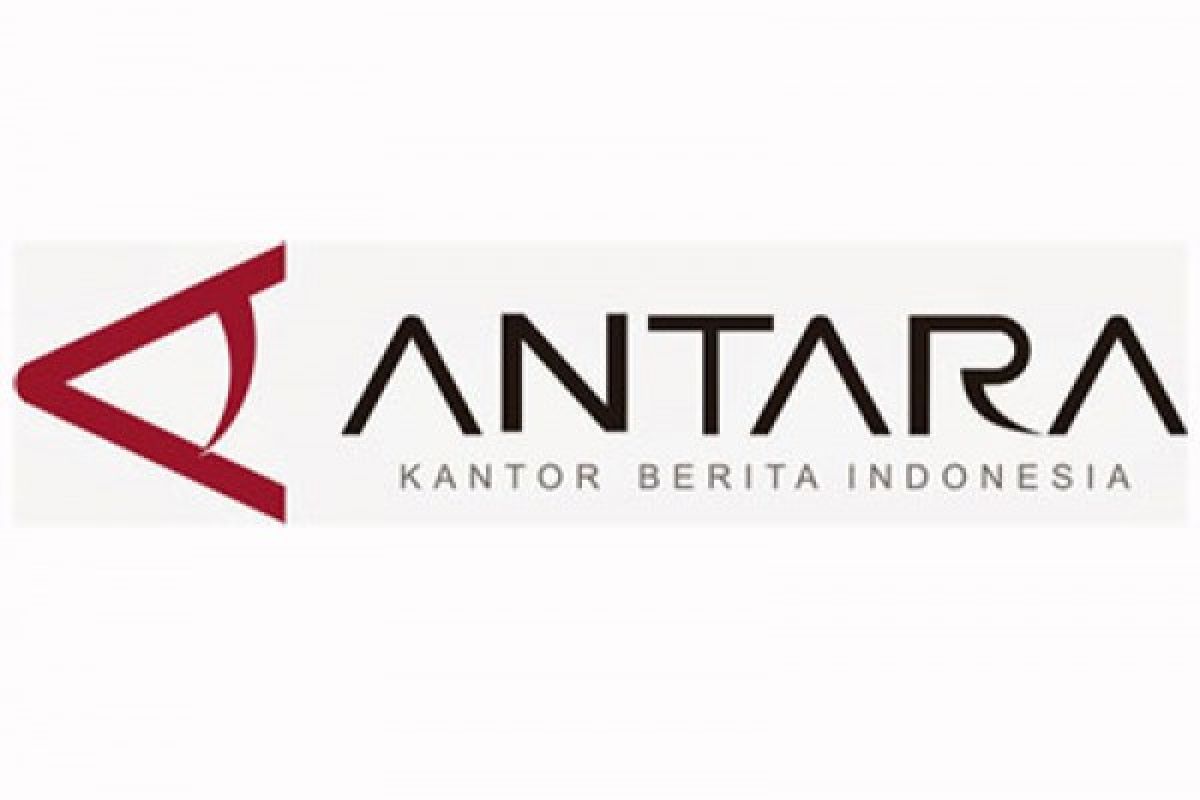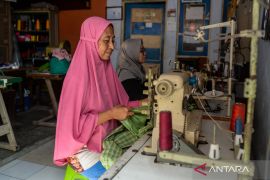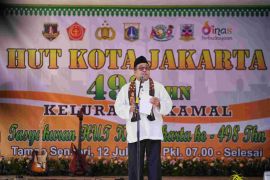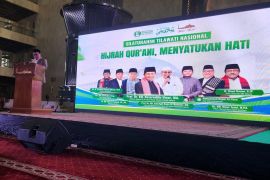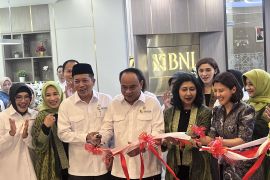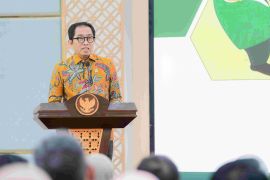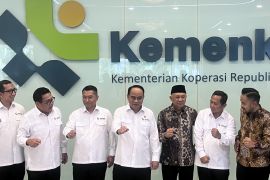"In 2017, the assets of (sharia-compliant banks) made up around 7 percent of the banking industry`s total assets," Chief of the BI Representative Office in Central Java, Hamid Ponco Wibowo, stated here on Monday.
Despite having small assets, the financing activities of sharia-compliant banks continued to grow amid the ever-increasingly competitive banking climate, he noted.
The sharia economy is divided into banking and non-banking sectors. However, only the banking sector has drawn more attention, he added.
"The sharia economy still has many potential to be explored. The distribution of credits from sharia-compliant banks is better than those of conventional banks," he remarked.
Hence, BI is cooperating with the Indonesian Association of Sharia-Compliant Banks (Asbisindo) in familiarizing the public, particularly students, with sharia economy, he revealed.
"Only recently, we simultaneously taught sharia economy to some 6 thousand students. Hopefully, the activity will serve as information media to promote sharia economy from now on," he explained.
The education on sharia economy should be developed from the grassroots, including students, in order to make them aware of the potentials they can explore from the sharia economy, he elaborated.
He noted that BI is also teaming up with Islamic boarding schools to develop their business potentials as part of the efforts to boost sharia economy.
To that end, BI has designated two Islamic boarding schools as pilot projects to develop sharia economy, he pointed out.
Reported by Zuhdiar Laeis
EDITED BY INE/H-YH
(T.S012/A/KR-BSR/B/H-YH)
Reporter: antara
Editor: Heru Purwanto
Copyright © ANTARA 2018
